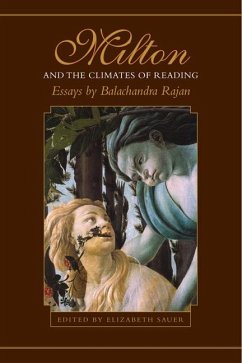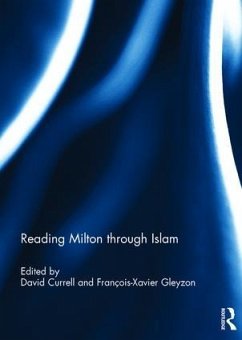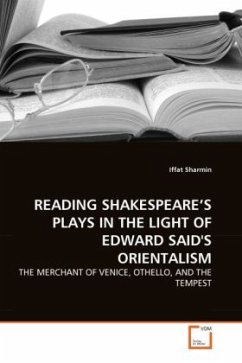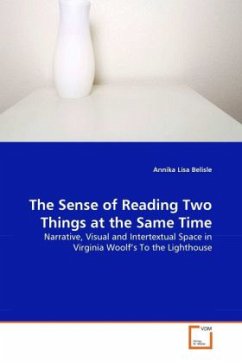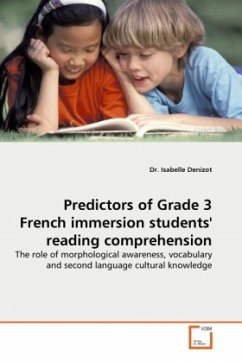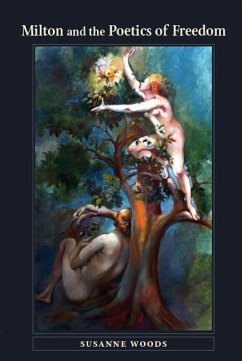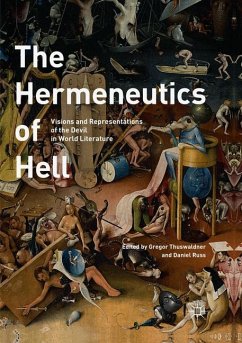
(Mis)Reading Milton
Paradise Lost and the narration of nation in Salman Rushdie's Midnight's Children
Versandkostenfrei!
Versandfertig in 6-10 Tagen
32,99 €
inkl. MwSt.

PAYBACK Punkte
16 °P sammeln!
This work proposes a study of Salman Rushdie's Midnight's Children as a re-reading of John Milton's Paradise Lost. Milton's epic has been read in terms of British imperialism and linked to a tradition of affirmation of nation. Taking up Paradise Lost, Midnight's Children dialogues with the epic's stature of upholder of nationality and suggests that the perception of nation-ness associated to it informs also independent India's national identity. But as its explosive heterogeneity surfaces, Midnight's Children depicts the nation as an imagined community, instead of the stable homogeneity it ini...
This work proposes a study of Salman Rushdie's Midnight's Children as a re-reading of John Milton's Paradise Lost. Milton's epic has been read in terms of British imperialism and linked to a tradition of affirmation of nation. Taking up Paradise Lost, Midnight's Children dialogues with the epic's stature of upholder of nationality and suggests that the perception of nation-ness associated to it informs also independent India's national identity. But as its explosive heterogeneity surfaces, Midnight's Children depicts the nation as an imagined community, instead of the stable homogeneity it initially appeared to be. This leads to a questioning of the nation as the privileged space in which to negotiate meanings and identification. At this point Midnight's Children adapts Milton's concept of the paradise within as a better positioning before these difficulties. In its proposed reading of Paradise Lost, in which the paradise within is the central theme rather than national legitimization, Midnight's Children also proposes new ways of viewing the former imperial national self-representation and its constituting texts.




